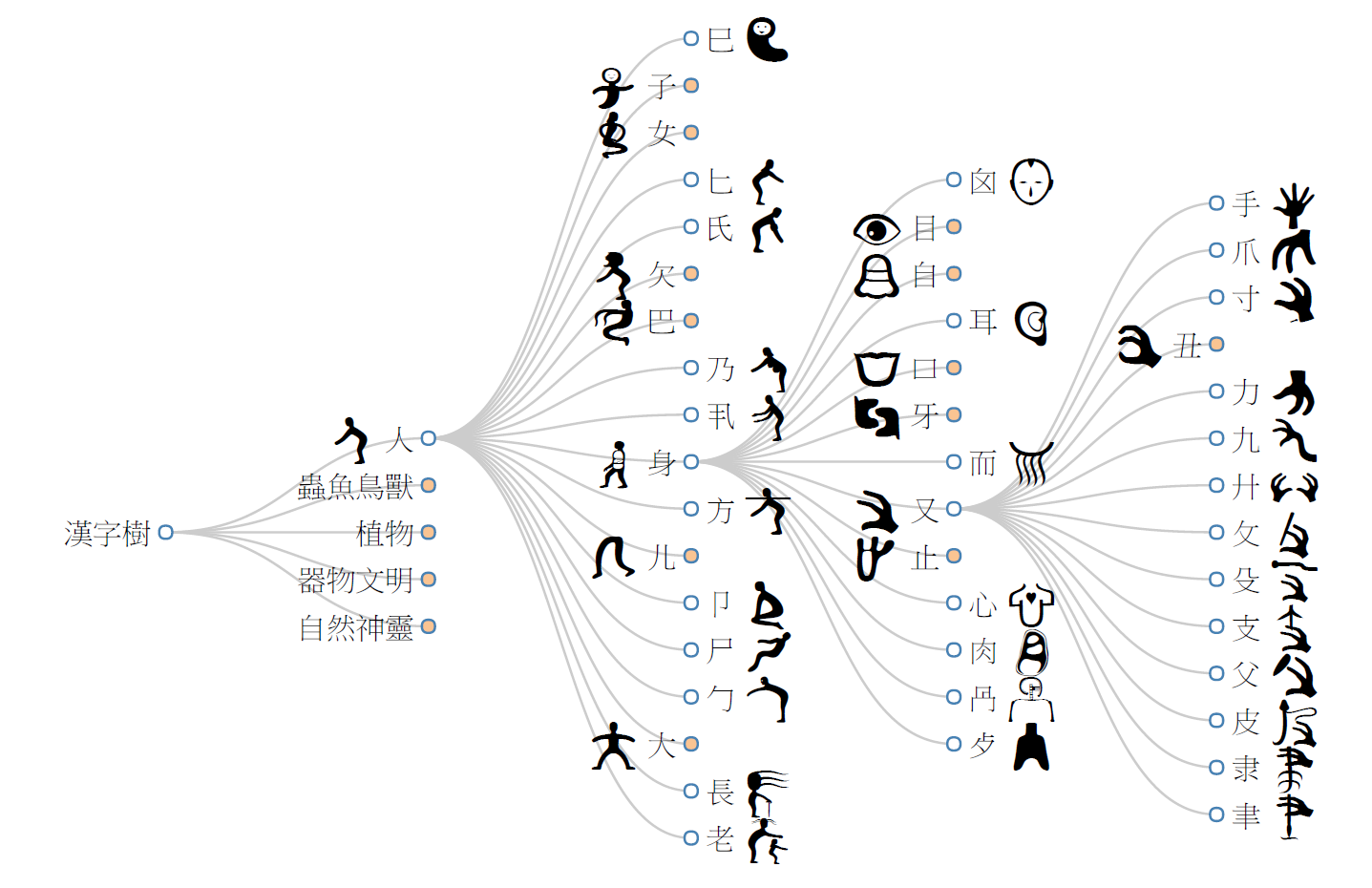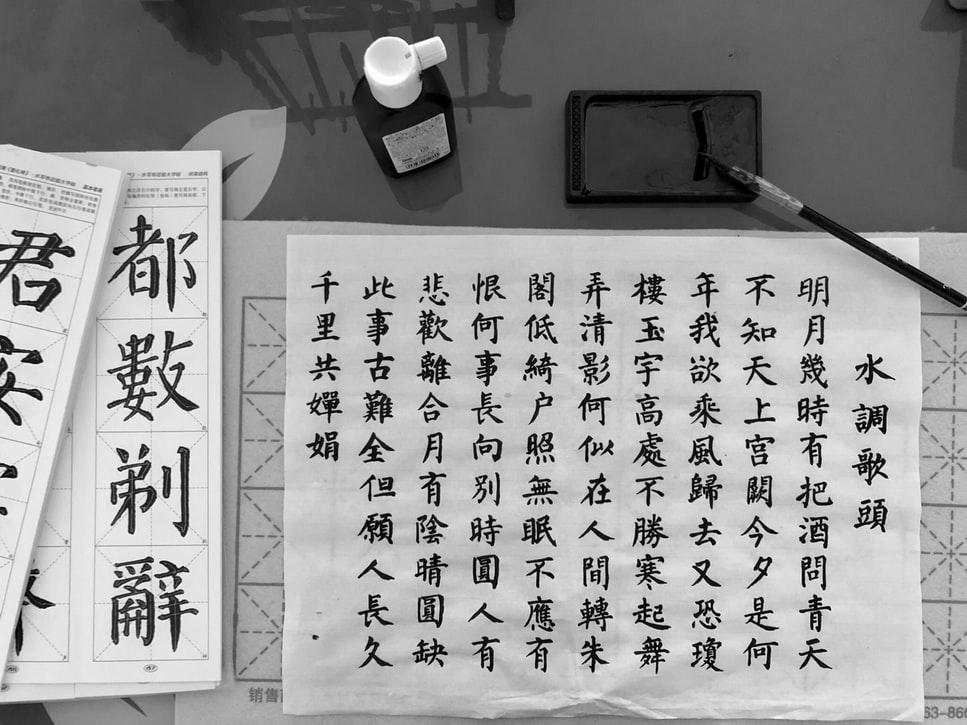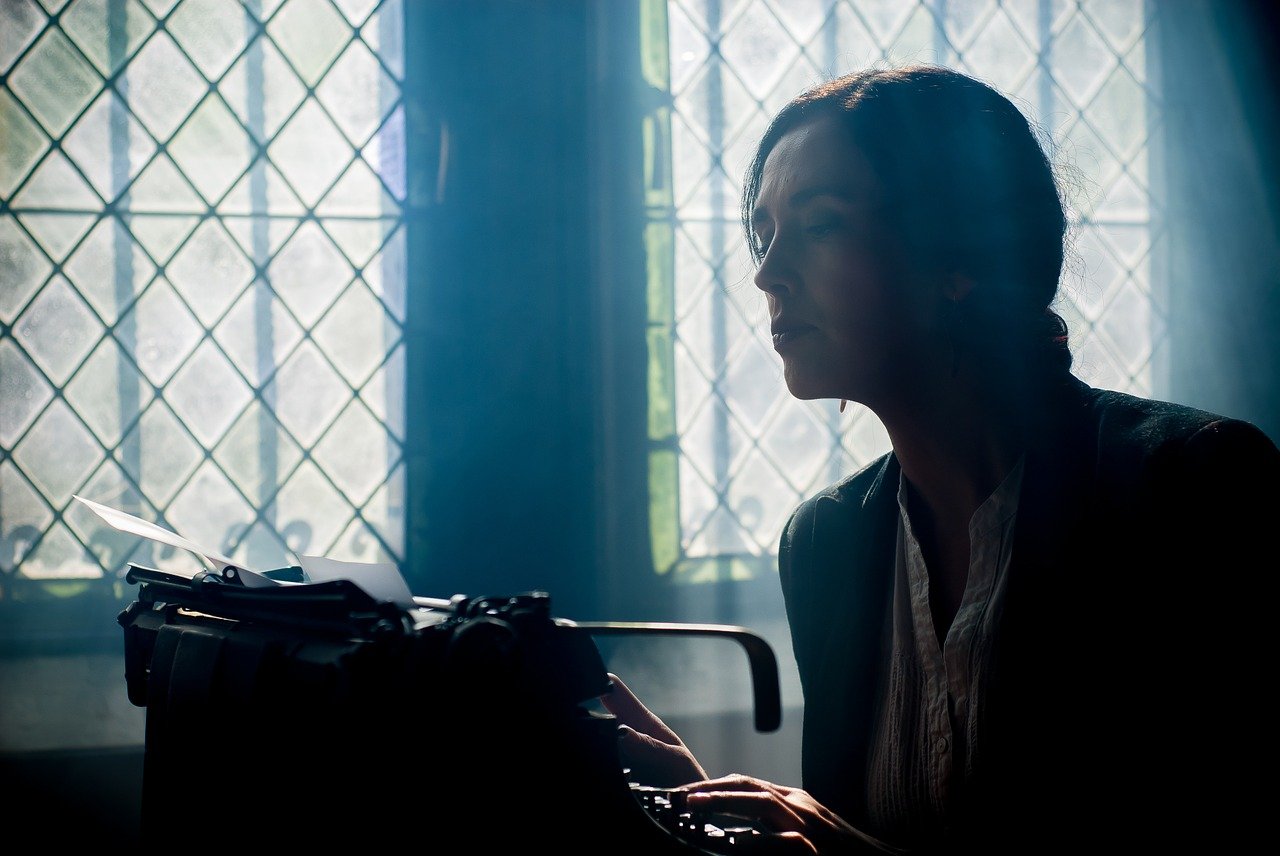Translation in general is no easy feat. But any translation work involving Chinese entails unique and complex set of challenges. Keep note that Chinese dialect in this article’s context is Mandarin. Chinese translation becomes more challenging when translating creative pieces.
For that, only a Chinese literary translator is up for the job. This article will help you understand why translating Chinese creative literary works are particularly challenging and what should you look for in a Chinese literary translator when you need to get a creative literary work translated to and from Chinese.
What Makes a Great Literary Translator?
In general, translators that want to specialize need additional lengthy years of training, experience, and the right background. For example, only a medical translator can work for the healthcare industry and not a general translator. If you’re a translator and want to know more, check out this article on how you can take your translation skills to the next level.
As you can expect, literary translators specialize in literary works. Under this context, they need advanced Mandarin language skills and also a literary background in Chinese literary works. But what truly makes a great literary translator is that they understand the work’s overall essence. From that, it’s their job to find the best creative angle for it to resonate well with the target audience.
In the end, no two literary translators will ever come up with the same work as it all depends on their interpretation of the work. If you have a Chinese literary work you need to have translated, you can’t just look for any Chinese translator.
You also can consider a professional translation agency. They have a global network of translators with native language skills. Say that you’re not looking for general Chinese translation services but specifically Chinese literary translation services.
Why is Chinese Hard For Literary Translators?
Here’s a few but significant aspects of the Mandarin language that makes literary creative translation particularly difficult.
1. Unrelated Prescriptive Rules
Mandarin’s grammar rules are completely alien to the English language. Fundamental components of grammar such as verb conjugations don’t exist in Mandarin. So Mandarin learners have to rewire their brains in expressing and detailing a message without relying on tenses.
.jpg?width=1268&name=1268px-Three_Hundred_Tang_Poems_(161).jpg)
Another main aspect of Mandarin is their word order. Mandarin is topic-prominent meaning they place the object first, while languages such as English and Romance Languages are subject prominent. So while we’re used to the word order of ‘I ate an apple’, Mandarin and even other East Asian languages such as Japanese and Korean would say ‘Apple, I ate’. Of course, without the tenses for Mandarin.
READ MORE: WHY CHINESE GRAMMAR SOUNDS LIKE YODA SPEAK
To put it into perspective, topic-prominent languages requires you to listen/read the entire sentence for you to be able to understand anything. This means that the established context is very important for the reader to comprehend anything about the sentence and its place to the entire piece.
2. Seemingly Endless Characters With Endless Meanings
It’s been said that for anyone to properly read an entire Chinese newspaper, they will have to know an average of 2,000 to 3,000 Chinese characters. Take note that there are more than 50,000 Chinese characters out there.
Unlike the alphabet system that consists of phonemes, Chinese characters are logograms. Each character has a different meaning depending on the context at hand. Characters can also be combined to form an entirely new one, with its meaning again dependent on the context and its placement.

Another tricky thing about Chinese characters is that many have relatively similar pronunciation. The way to differentiate between them is the tone that they are pronounced and of course, their placement in the sentence and the context surrounding it.
READ MORE: WHAT ARE CHINESE HOMOPHONES?
3. Complicated Writing Scripts
Chinese dialects in general are written under two scripts; simplified and traditional. Traditional Chinese characters is identified by its complex calligraphy and artistic flourishes. Simplified Chinese incorporates less strokes, hence the term.
What makes traditional Chinese hard to understand, other than its calligraphy, is creative Chinese literary works are often written with traditional Chinese script. Meaning traditional Chinese poetry contains historical and cultural references unrelatable to someone that does not know Chinese history, culture, and society. More of this will be discussed in the next category.
4. Abstract Sayings and Expressions
For creative Chinese literary works, a literary translator will need to know more than just 2,000 or even 10,000 Chinese characters. Chinese creative lexicon comprises of uniquely Chinese historical and cultural references that confuses even experienced foreign Mandarin speakers.
Also, the Chinese are known for their fondness for idioms, metaphors, and sayings. The problem is that these creative expressions are unique to Chinese culture. They’re relatable only to the native Chinese or people who had extensively studied Chinese culture, society, and history.

You can find more resources online as to why Mandarin grammar is a particular headache to language learners. Rather, the aforementioned prescriptive rules were singled out due to their effect on literary translation efforts.
READ MORE: 5 FAMOUS POEMS THAT EVERY CHINESE KID KNOWS
When Translations Fail, Should You Leave the Original Work As Is? - Conclusion
Many creative decisions on the translated work depends on the literary translator’s intuition and the original author’s approval. Even after long exhausting hours, translation jobs end with success. But how do we define success under the context of literary translation?
Did the final translation stay true for the original work, respected the author’s hand, and tailored it for the target audience? People are still debating until today on whether or not translations made decades and even hundreds of years ago have done its job.
Some even debate about reading translated creative works at all since something will bound to be ‘lost in translation’. And that translating Chinese poetry is downright impossible and even sacrilegious. But does that mean all efforts in translating Chinese creative works are wasted? I’d like to think not.

The goal really is never finding the perfect translation, but rather the the most suitable interpretation as said earlier in this article. Literary translation is simply a field of experimentation with everyone trying to make their own interpretation, with the ultimate purpose of sharing the original work’s charm to a whole new audience.
If you want to improve your Chinese skills rapidly, you can try our free demo online class by clicking on the link below. We have certified TutorABC Chinese teachers that can give you a real Chinese class experience and help you overcome the challenges encountered when learning Mandarin. Why not give it a try?
JOIN US TO LEARN MORE!
